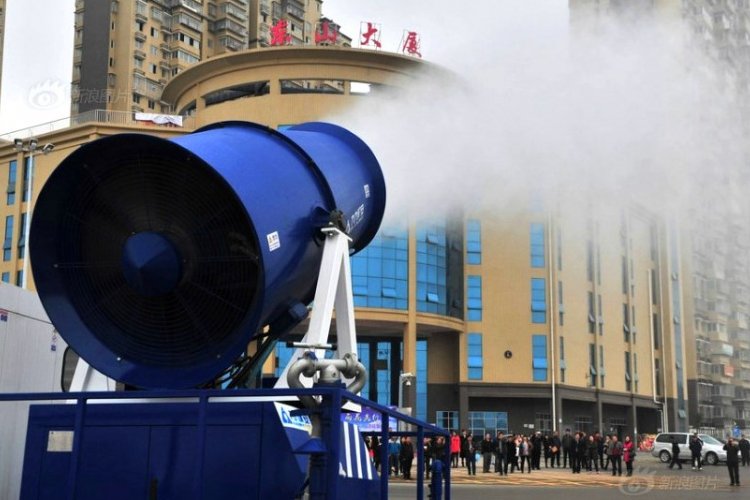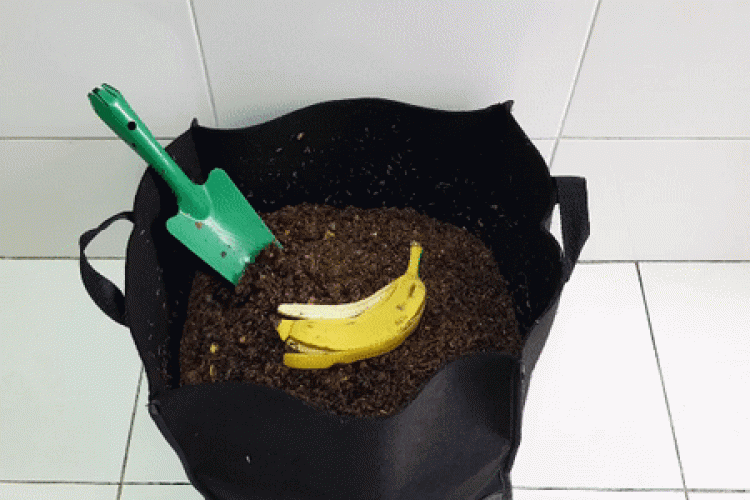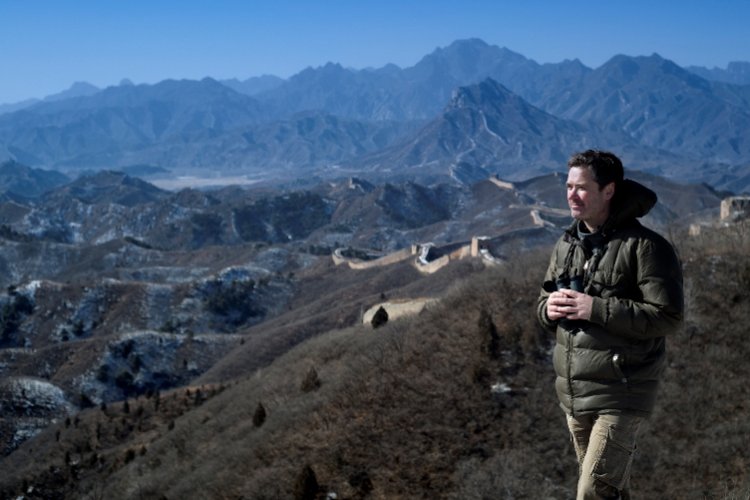Race to the Bottom: Experts Debate the Eco-impact of Ski Resorts
When we hit the slopes, how much ecological damage are we doing? As the world’s favorite winter sport reaches its annual peak season, certain geographers insist downhill races are far from mere fun and games.
“The ski industry not only destroys forests for resort construction,” says Carmen de Jong, a professor at the University of Savoy’s Mountain Institute. “It also destroys precious topsoil for construction of ski runs, water storage reservoirs, and lifts.”
But local insiders, like Christian Bargmann of Melchers Beijing (supplier of snowmaking machines to Chinese ski resorts) and Li Yang of Beidahu ski resort, say Beijing’s skiing has a much better track record than one would expect. Below, they counter de Jong’s argument about the harm of carving fresh powder.
What can ski resorts do to avoid damaging the environment – especially the topsoil?
Christian Bargmann: The steel edges of skis and snowboards can definitely impact the environment, hurting the vegetation covering the ground, finally ending in erosion. But as long as there is a thick, closed snow cover on the slope, there is no harm to the greensward underneath. This cover can be obtained by moving snow with a grooming machine towards spaces that tend to thaw.
What are some other ecological issues that resorts need to fix?
Carmen de Jong: Practically all ski regions worldwide produce artificial snow. The resulting water consumption is a serious problem. Some resorts in the European Alps have double the water demand of what’s available, so they siphon from local streams.
What have China’s resorts done to reduce their water usage?
Li Yang: There is a lot of rich surface water near the Beidahu ski resort. We have a 700,000 cubic meter reservoir which can meet all our needs. Also, in the winter it snows a lot here, so we don’t have a great need for snowmaking. In this way, we can also avoid the waste and pollution of water resources.
Chinese law stipulates that a ski resort cannot be built unless the area has a ground well; you cannot legally open a ski resort by importing water or building a pipeline. Does this requirement keep Chinese ski resorts ecologically accountable?
CD: At the outskirts of a metropolis like Beijing, which is already experiencing severe water problems, it is not ethical to divert well water for snowmaking. Do authorities even monitor these resorts’ water sources or consumption?
CB: Many Beijing slopes have a water meter attached to their wells, indicating how much they will have to pay. But other provinces lack such control.
Do you see any upside to ski slopes?
CB: A lot of ski resorts have information trails and panels. Measures like these help the environment, because without using the landscape for skiing, there would be no touristic interest. Without information about nature, there’d be no appreciation of nature.
CD: The ski industry doesn’t contribute to ecology. Skiers do want to appreciate nature, but not necessarily protect it. Few skiers visit the resorts in summer, and few skiers are aware of the tremendous impacts that snowmaking has on the environment. If skiers are to contribute to conservation, they should be given a clear option of slopes without artificial snow production.
This article originally appeared on page 56 of the January issue of the Beijinger.
Photo: hutong-school.com







